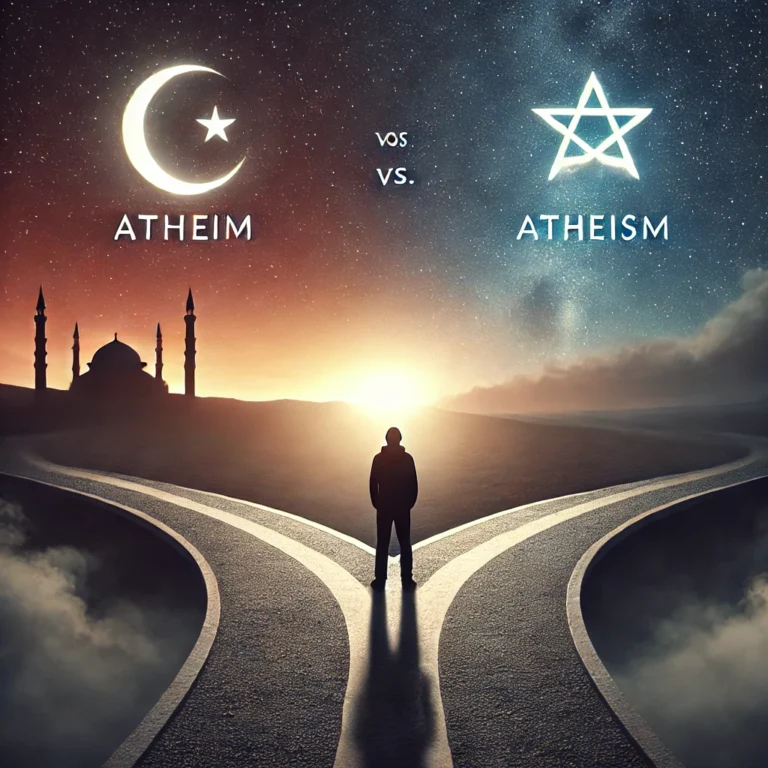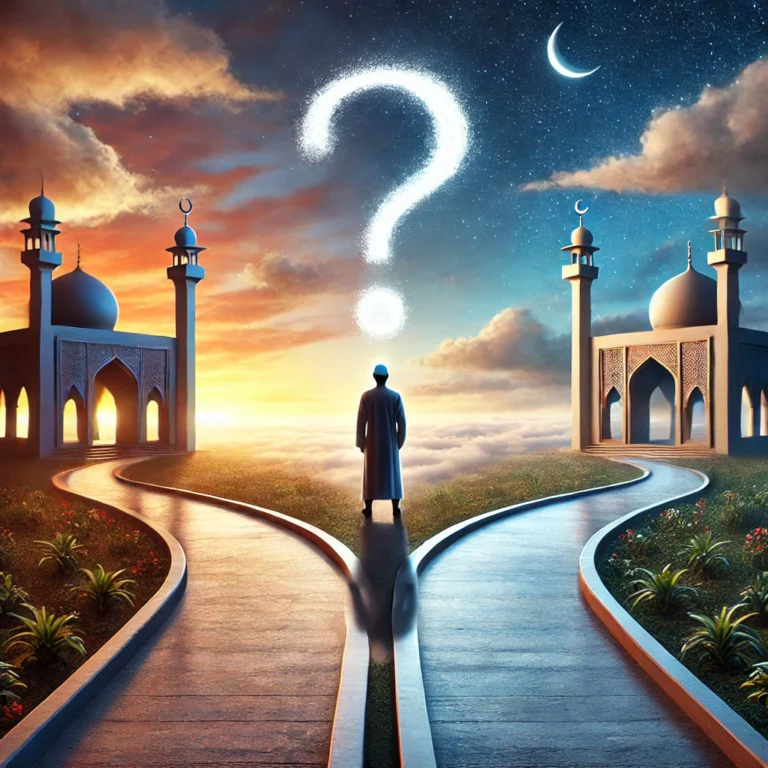In a significant development, Zindagi, the Indian entertainment channel, has announced the voluntary withdrawal of its series Barzakh from YouTube Pakistan, effective August 9, 2024. This decision follows a wave of public backlash that erupted after the show’s premiere on July 19, 2024. Directed by Asim Abbasi, known for his acclaimed work on Churails and Cake, Barzakh has been both celebrated and criticized for its bold narrative and exploration of complex themes.
The Controversy Surrounding Barzakh
Barzakh tells the story of a reclusive 76-year-old man who invites his estranged family to a remote resort for his wedding to the ghost of his first love. While the series has received praise for its cinematography and the performances of its talented cast, including Fawad Khan and Sanam Saeed, it has also faced backlash for its portrayal of queer themes and intimate moments between male characters. Critics have accused the show of promoting a hidden LGBTQ agenda and straying from traditional values.
The controversy escalated following the airing of scenes that depicted non-heteronormative relationships, leading some viewers to label the content as inappropriate and contrary to Islamic values. In light of the growing public sentiment, Zindagi released a statement expressing gratitude for the support received but emphasized the need to respect audience preferences in Pakistan.
The statement read:
“We, at Zindagi and Team Barzakh, sincerely thank our global audience for their unwavering support for Barzakh – a show that brought people together everywhere. But in light of the current public sentiment in Pakistan, we have decided to voluntarily withdraw Barzakh from YouTube Pakistan, effective from August 9, 2024. We sincerely appreciate your understanding and continued support. Thank you.”
In the face of public backlash Barzakh’s director Asim Abbasi had this to say:
“With all due respect, if you find queer stories ‘offensive’, please don’t watch my content.
Viewer Reactions
The announcement of Barzakh’s removal from YouTube has ignited a fierce backlash among Pakistani audiences, leading to a widespread boycott campaign against the show and its stars, Fawad Khan and Sanam Saeed. Many viewers have expressed their outrage over the series, particularly criticizing its portrayal of LGBTQ+ themes and intimate scenes between male characters.
The controversy intensified following a scene in the third episode where Fawad Khan’s character, Saifullah, nearly shares a kiss with Lorenzo, played by Franco Giusti. This moment sparked a wave of condemnation from conservative viewers, who deemed the content inappropriate and contrary to Islamic values. Critics have labeled the show as “immoral” and accused it of promoting homosexuality, resulting in a social media storm with hashtags like #NOFAHASHI, #NOBARZAKH, and #BOYCOTTFAWADKH trending across platforms.
Many fans have voiced their discontent, with comments such as:
“This show is a disgrace! It’s shameful to depict such scenes. We need to protect our values!”
“Why is Zindagi promoting such indecency? This is not what our culture stands for!”
“Fawad Khan has lost my respect for being part of this project. I can’t believe he would support such a narrative!”
“Sanam Saeed should know better than to participate in something that goes against our traditions. Disappointed!”
The boycott campaign has gained momentum, targeting not only the series but also its director, Asim Abbasi, and the lead actors. Despite the significant viewership of over four million for the first episode, the negative public sentiment has led to calls for the show’s removal from YouTube Pakistan.
The removal of Barzakh from YouTube Pakistan underscores the ongoing tension between artistic expression and cultural sensitivities in the region. As the series concludes, it leaves behind a complex legacy, igniting discussions about representation, storytelling, and the boundaries of acceptable content in Pakistani media. The impact of Barzakh on its audience is undeniable, as it has opened up a dialogue about the importance of inclusivity and the challenges faced by creators in addressing contemporary issues. As viewers reflect on the themes presented, the future of such narratives in mainstream entertainment remains uncertain, but the conversation it has sparked is likely to continue.







